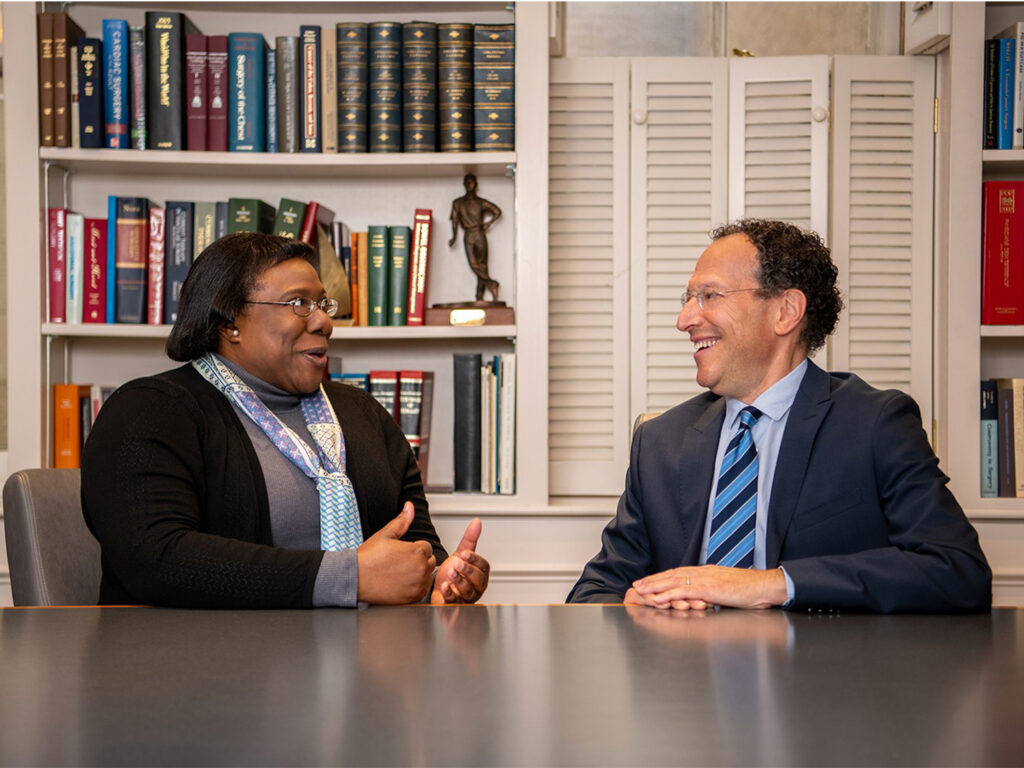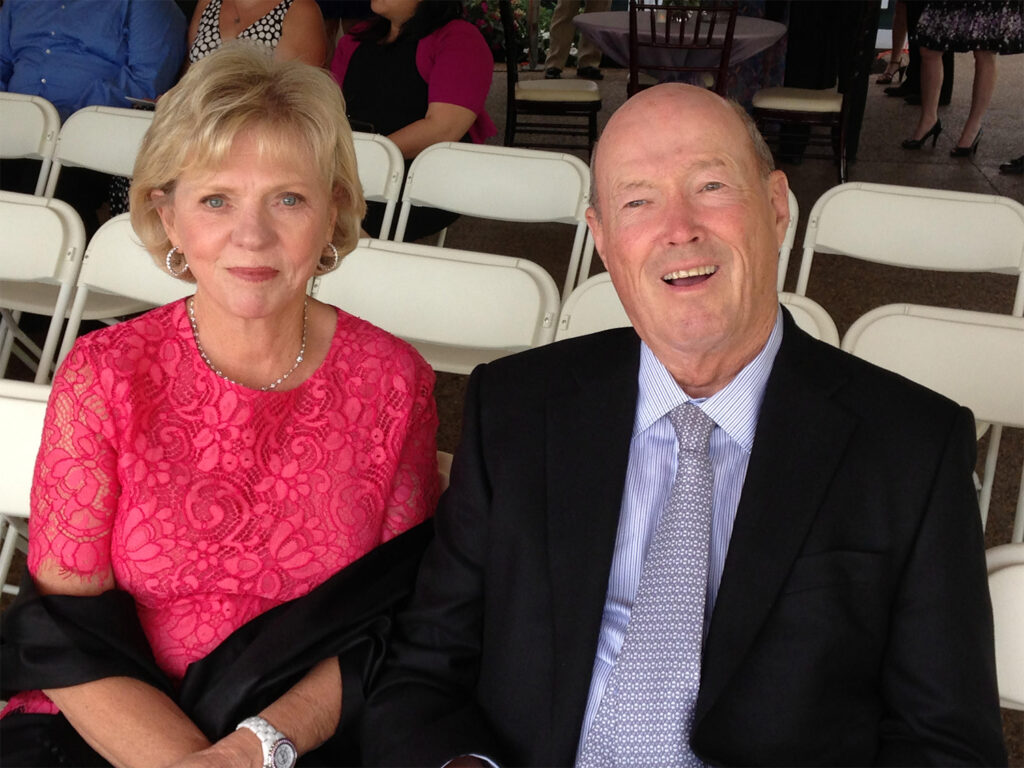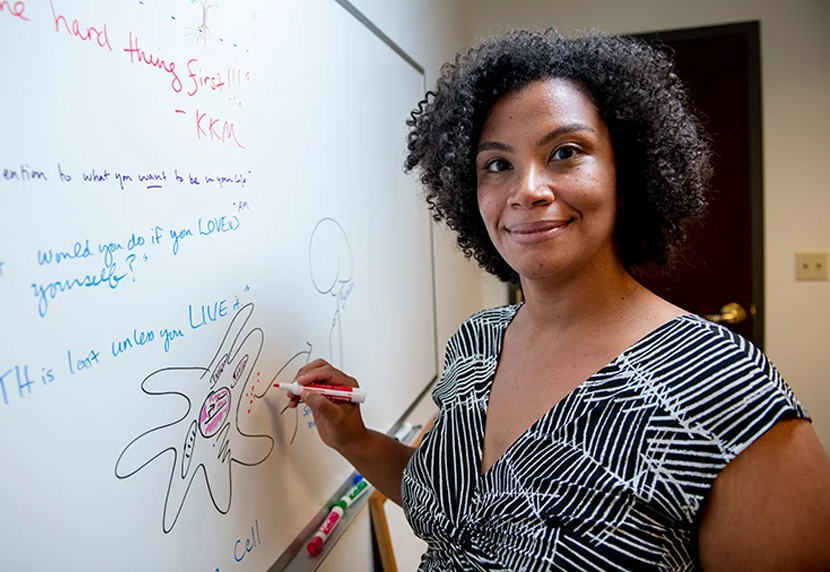After more than a year of working from home, many people face the prospect of going back to the office in some capacity. Though it can be a welcome sign that day-to-day activities are returning back to “normal,” stepping into change and restarting old routines may also be a source of post-pandemic stress.
“The best and hardest skill that we can use during this time as we deal with constant uncertainty is to be flexible.”
Soo Jeong Youn, PhD, a clinical psychologist in the Department of Psychiatry at Massachusetts General Hospital and an assistant professor in psychiatry at Harvard Medical School, talks through a few strategies to help make the transition back to the office a bit easier.
Building a Successful Post-COVID Routine
Starting or restarting a routine can be challenging under ordinary circumstances. But in a year where nothing has been ordinary, the effort to create a back-to-work routine can feel like a struggle, especially as so many things remain uncertain. Dr. Youn offers key things to consider when striving to create a successful post-COVID routine:
1. Flexibility
“The best and hardest skill that we can use during this time as we deal with constant uncertainty is to be flexible,” says Dr. Youn. “I want to repeat, this is really, really hard. After more than a year of needing to be flexible, our emotional tank of wellbeing is tapped. We’re running pretty empty at this point.”
Be kind to yourself and others and pause the harsh voice inside if things don’t work out immediately.
Being flexible means being flexible with ourselves and others. “You can’t have the expectation that ‘I’m just going to go to work, go back to my desk, be productive as usual, and everything’s going to be fine’ as if nothing happened. We’re not going to be able to do that. And that’s okay,” says Dr. Youn. “We have to remind ourselves every day that we are in transition, and transition does not happen overnight.”
Dr. Youn suggests a few strategies to help with flexibility:
- Accept that things will be different and in transition for a bit
- Focus on the present moment. What can I do right now to help myself, my loved ones, my colleagues and friends?
- Be kind to yourself and others and pause the harsh voice inside if things don’t work out immediately
2. Communication and Structure
Going back to a normal routine may be especially hard when environments or job roles may look different. In these cases, communication and structure are key in helping with transition.
“Communication has never been more important than now,” says Dr. Youn. “For managers, it is important to listen to staff, learn what they are going through as they are transitioning and do their best to support them in whatever their individual needs may be at the time. Likewise, it is important for individuals to communicate their needs to managers if that is an option.”
Even with taking steps to recharge, change can be hard.
Creating some sort of structure in the areas where we can have an influence is also key, says Dr. Youn. “If I know that my work life will be in flux for a period of time as I transition back to the office, then I may see if there is a place in my personal life where I can create some structure and stability and get some comfort from knowing what to expect.”
When Change is a Challenge
Change is physically and emotionally demanding. The best way to handle change, says Dr. Youn, is to make sure that you are taking care of yourself and taking time to recharge. This means:
- Eating nutritious food regularly
- Getting movement in throughout the day
- Consistently getting seven to eight hours of sleep
Even with taking steps to recharge, change can be hard. Dr. Youn encourages people to pay close attention to how they are feeling and get help if needed. “If a person notices that after a month or so they are experiencing very heightened levels of anxiety that are impacting their day-to-day functioning, their mood or their family, they may want to consider talking to a mental health professional, especially if it is affecting multiple areas in their life.”
This story first appeared on Mass General’s COVID-19 news page.
To learn more about the Department of Psychiatry at Mass General, please contact us.






